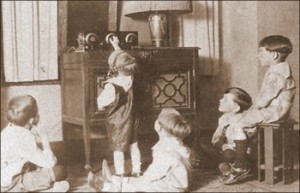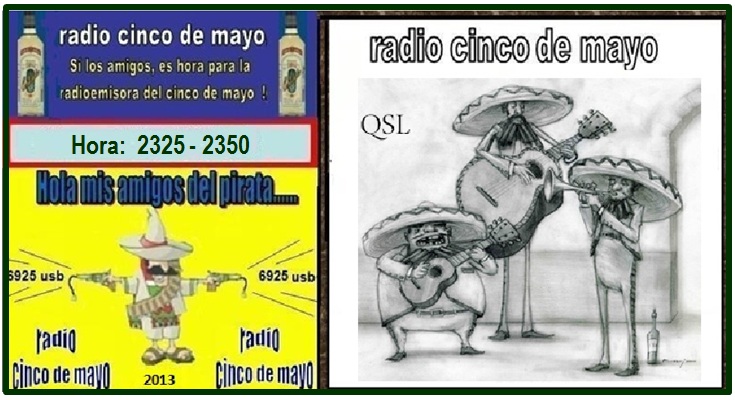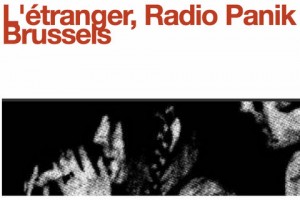All India Radio: a welcome voice
/Also published on The SWLing Post:
Many afternoons, I'm drawn to All India Radio on 9,445 kHz. I love what the ether does to their Bengaluru transmitting station's signal as it travels at the speed of light over 8,700 miles to my home here in the southeastern US.
Pressing hands together with a smile to greet Namaste/Namaskar – a common cultural practice in India. (Source: Wikimedia Commons)
I enjoy, too, the way All India Radio announcers speak the news, in slow cadence, honoring the fine tradition of radio: "This is the general overseas service of All India Radio. It's time now for the news. Please stand by..." I also delight in their English language news bulletins, which begin with "Namaskar." I appreciate this--it makes it much easier for me to identify the station when listening on an analog radio like my BC-348-Q. I'm sure this makes a difference for many other listeners seeking their station, too.
I also love All India Radio--like I do the Voice of Greece--for their superb music. Where else on the shortwave dial will I hear the sitar sing, as on AIR?
But don't take my word for it. If you live in North America and Europe, when conditions are favorable, All India Radio is a favorite listening experience for many--myself obviously included.
For your listening enjoyment, here is a 30 minute recording I made of All India Radio only an hour ago on 9,445 kHz, starting at 22:00 UTC. Click here to download the recording as an MP3, or simply listen via the embedded player below:























